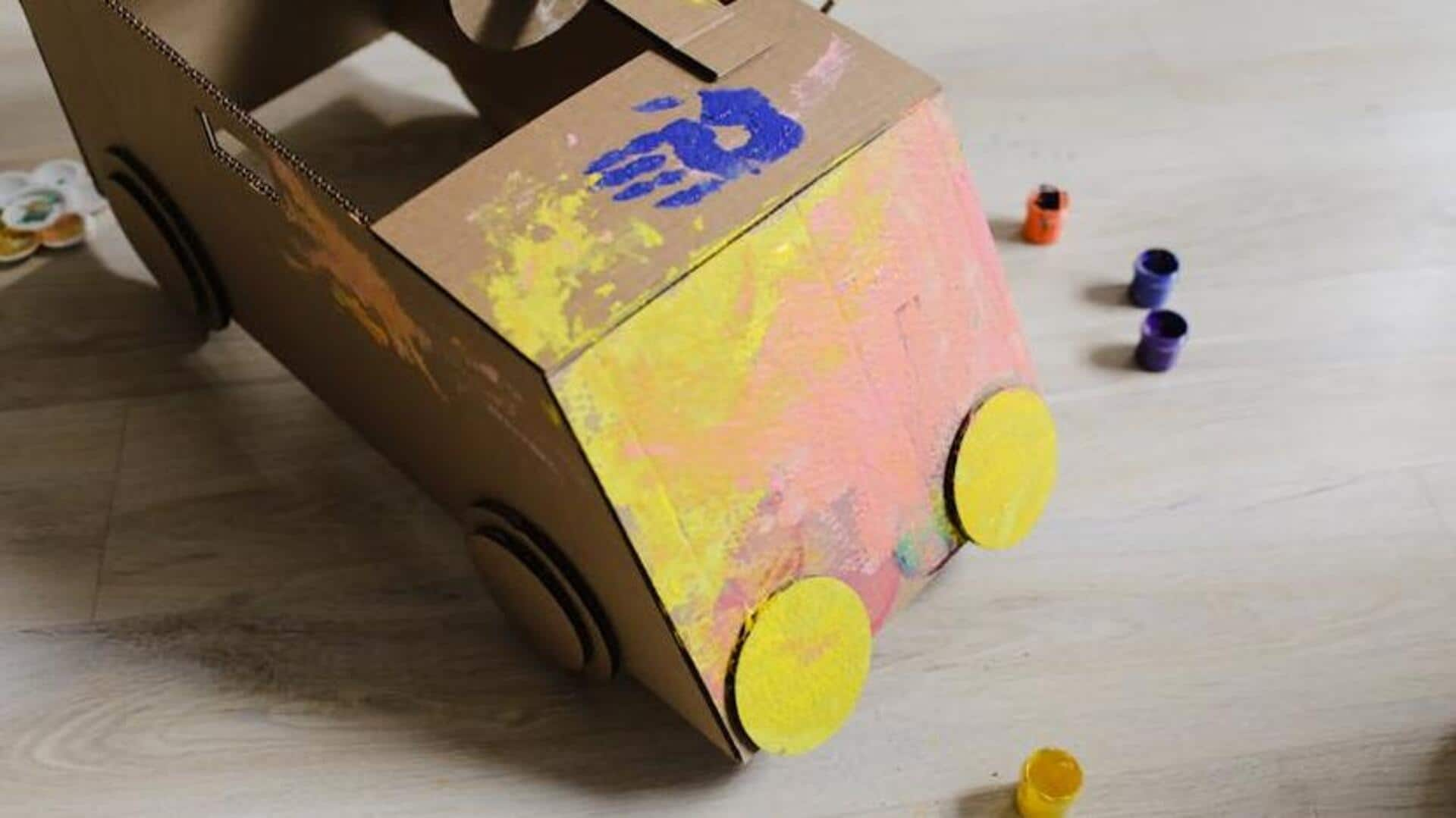
What is so awesome about recycled art projects?
What's the story
Recycled art projects not only enhance creativity but also promote sustainability by repurposing discarded materials into innovative artworks. This method encourages out-of-the-box thinking and leads to new creative discoveries. It's a practice that artists and hobbyists alike can explore to reduce waste and create environmentally friendly pieces.
Object transformation
Transform everyday objects into art
Everyday objects such as plastic bottles, newspapers, and cardboard boxes can be converted into beautiful pieces of art. By reimagining these items as potential parts of an artwork, you can develop a mindful eye for possibilities in the mundane. This exercise promotes resourcefulness and helps in honing problem-solving skills as you figure out how to incorporate these materials into your creations.
Mixed media exploration
Explore mixed media techniques
Using recycled materials opens doors to mixed media experimentation. Combining textures and forms from different sources can lead to one-of-a-kind artistic expressions. This encourages adaptability as artists learn to work with different materials that may not belong together, traditionally. The blending of the two elements reinforces one's ability to innovate within constraints.
Functional creations
Create functional art pieces
Recycled art isn't just about decorative pieces; it can also be functional such as furniture or home decor made from repurposed materials. Creating functional art challenges artists to think about utility along with aesthetics, broadening their creative scope. This dual focus on form and function encourages practical problem-solving skills while maintaining artistic integrity.
Collaborative efforts
Engage in collaborative projects
Collaborative projects involving recycled art combine different perspectives and ideas, producing richer results than solo work could achieve on its own. Collaborating with others brings new techniques and approaches into the mix, broadening one's creativity through shared experiences. It also nurtures communication skills, as participants bargain ideas and solutions together.
Community involvement
Participate in community workshops
Community workshops centered around recycled art offer chances to learn new techniques from experienced artists, while mingling with like-minded people who are interested in sustainability practices through artistry pursuits alike. These gatherings often inspire new ideas by opening participants' minds toward different techniques used across various disciplines in this field itself.